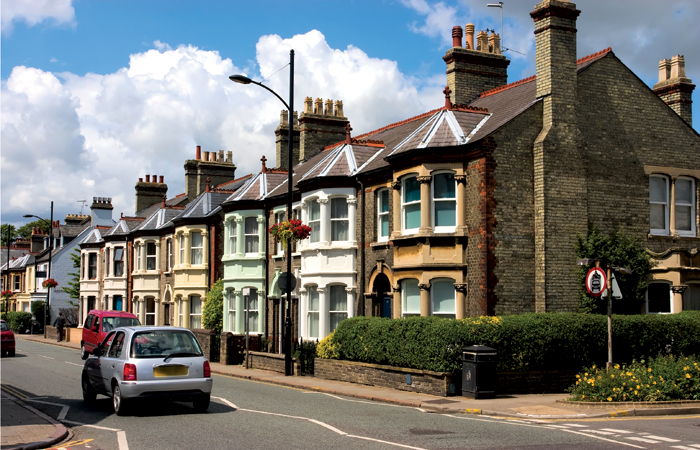- 180,000 Free Houses for The Poor Nigerians
More than 180,000 modern houses are to be provided free in all the 36 states of the country, according to an NGO — Africa National Development Programme (ANDP).
The two-bedroom houses to be situated in an estate or scattered in different locations will have facilities such as schools, police stations, markets and hospitals.
The ANDP, a subsidiary of World National Development Initiative, said the houses mainly for the poor would be given out free.
The Africa Director of ANDP, Dr Samson Omojuyigbe, told the News Agency of Nigeria (NAN) that the project would cost N2.8 trillion.
Omojuyigbe said the 180,000 houses would be distributed equitably at 5,000 houses per state at a cost of N78 billion.
He noted that because of the economic situation in the country many people were incapacitated in getting shelter and lack basic necessities of life.
“ANDP as an NGO is investing huge amount of resources to provide the facilities free of charge to citizens of Africa because of the economic situation.
“We believe we should provide houses free for the less privileged instead of providing relief materials to displaced persons as is in vogue and end it there.
“We are constructing 5, 000 units of modern two-bedroom houses in each state of the federation.
“The plight of the poor and the grinding poverty they face daily are the innate concerns of the ANDP,’’ Omojuyigbe said.
The director-general noted that it was obvious that the various governments at all levels in Africa could not provide everything, including shelter for the people.
He said: “Based on the circumstances they have found themselves and the less and less resources available to governments at all levels, it is obvious they cannot provide everything for the people.
“Good-spirited individuals and organisations with the right heart must come to the rescue of the people if we must secure the future and provide a decent lifestyle for the coming generations.
“The project is a sole initiative of ANDP and will not cost the state governments any fund beyond moral support and the provision of an enabling environment conducive to the successful implementation of this effort.
“Our organisation is interested in alleviating poverty on the African soil’’.
Omojuyigbe described poverty as a complex phenomenon indicative of man’s inability to feed, provide shelter for the family and himself and function effectively in a given economic environment.
He, however, allayed the fear that distribution of the houses might be influenced in some quarters, saying “the consideration of beneficiaries will be devoid of bureaucratic bottleneck.
“It will be on the basis of scientifically-proven method of distribution to the rightful members of the society who deserve to own a house free of charge.
“No interference of any sort will be accommodated as the sponsors expect that this be done with the fear of God and the acceptance of all right thinking members of the society.’’
Omojuyigbe also disclosed that two states in the South-East – Enugu and Ebonyi – and two other states in South-South — Akwa Ibom and Cross-River had provided land for the project.
The director-general said the ground breaking for the project had been performed at Ikpa Nkanya in Cross River on a 250-hectare land provided by the government.
He said Kaduna, Kano, Jigawa and Adamawa had promised to provide land in scattered locations for the project.
“Some states are trying to perfect the Certificate of Occupancy (Cof O) of the land,’’ Omojuyigbe said, urging the media to partner with ANDP in monitoring and reporting stages of work at the various sites.
ANDP, headquartered in Abuja, is currently working in 50 countries in Africa.
It works with the less-privileged, indigent and excluded people in Africa, promoting values and commitment to civil society, institutions and governments with the aim of achieving structural changes to eradicate injustice and poverty.

 Billionaire Watch3 weeks ago
Billionaire Watch3 weeks ago
 Startups4 weeks ago
Startups4 weeks ago
 News4 weeks ago
News4 weeks ago
 News4 weeks ago
News4 weeks ago
 Bitcoin4 weeks ago
Bitcoin4 weeks ago
 Naira4 weeks ago
Naira4 weeks ago
 Forex3 weeks ago
Forex3 weeks ago
 Treasury Bills4 weeks ago
Treasury Bills4 weeks ago

























